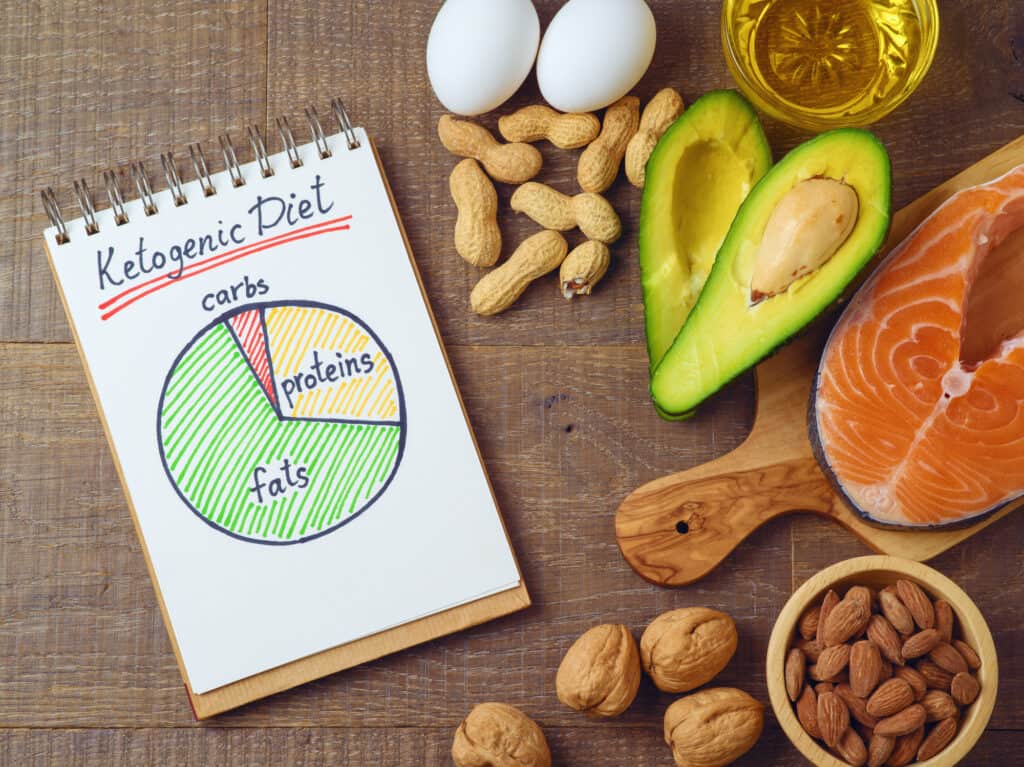The keto diet, also known as the no-carbohydrate diet, is a low-carbohydrate diet plan that has become very common in recent years due to its possible weight loss benefits. While this diet may work for some people, it is important to consider the benefits and risk factors that can result from this type of diet.

Advantages:
weight loss
Weight reduction is one of the primary advantages of a low-carb diet. When the body is deprived of carbohydrates, it is forced to utilize fat for energy, resulting in weight reduction. Furthermore, a low-carbohydrate diet may lower hunger and cravings, resulting in a decrease in total intake.
Did you read this?
Improved blood sugar control
people suffering from type 2 diabetes or resistance to insulin may profit from a low-carb diet. The body generates less insulin when carbohydrate intake is reduced. leading to improved health.
Improved energy
Some people who follow a no-carb diet describe increased energy and mental clarity. This could be due to the body utilizing the fat it has stored for energy rather than carbohydrates.
Potential health benefits
A low-carb diet has been connected with possible health benefits such as reduced inflammation, higher cholesterol levels, and a lower chance of certain chronic diseases.

Disadvantages:
Deficiencies in nutrients
A no-carb diet excludes many nutritious foods, such as fruits, veggies, and whole grains, which can result in nutritional deficiencies. To prevent deficiencies, carefully plan your meals and include healthy options.
hard to maintain
Because it excludes many foods and can create cravings and cravings, a low-carb diet can be challenging to keep over time. Also, reintroducing carbs can increase weight if not done carefully.
Ketoacidosis risk
In rare instances, a diet low in carbohydrates can result in ketoacidosis, a potentially fatal condition. This occurs when the body creates excessive ketone bodies, causing the blood to turn too acidic.
A low-carbohydrate diet can harm sports performance because the body utilizes carbohydrates for energy throughout the intense activity. This can lead to fatigue and decreased endurance.











